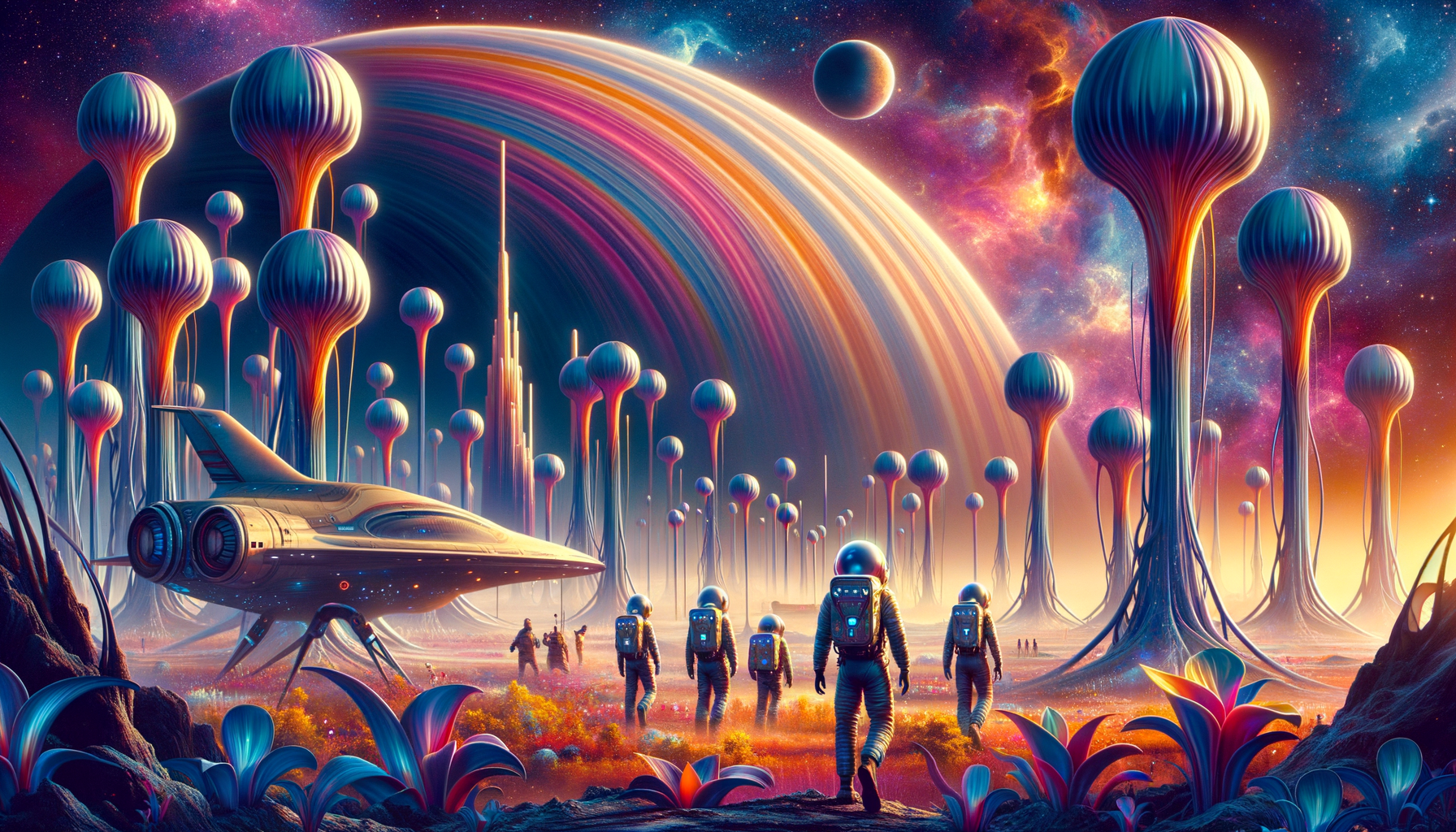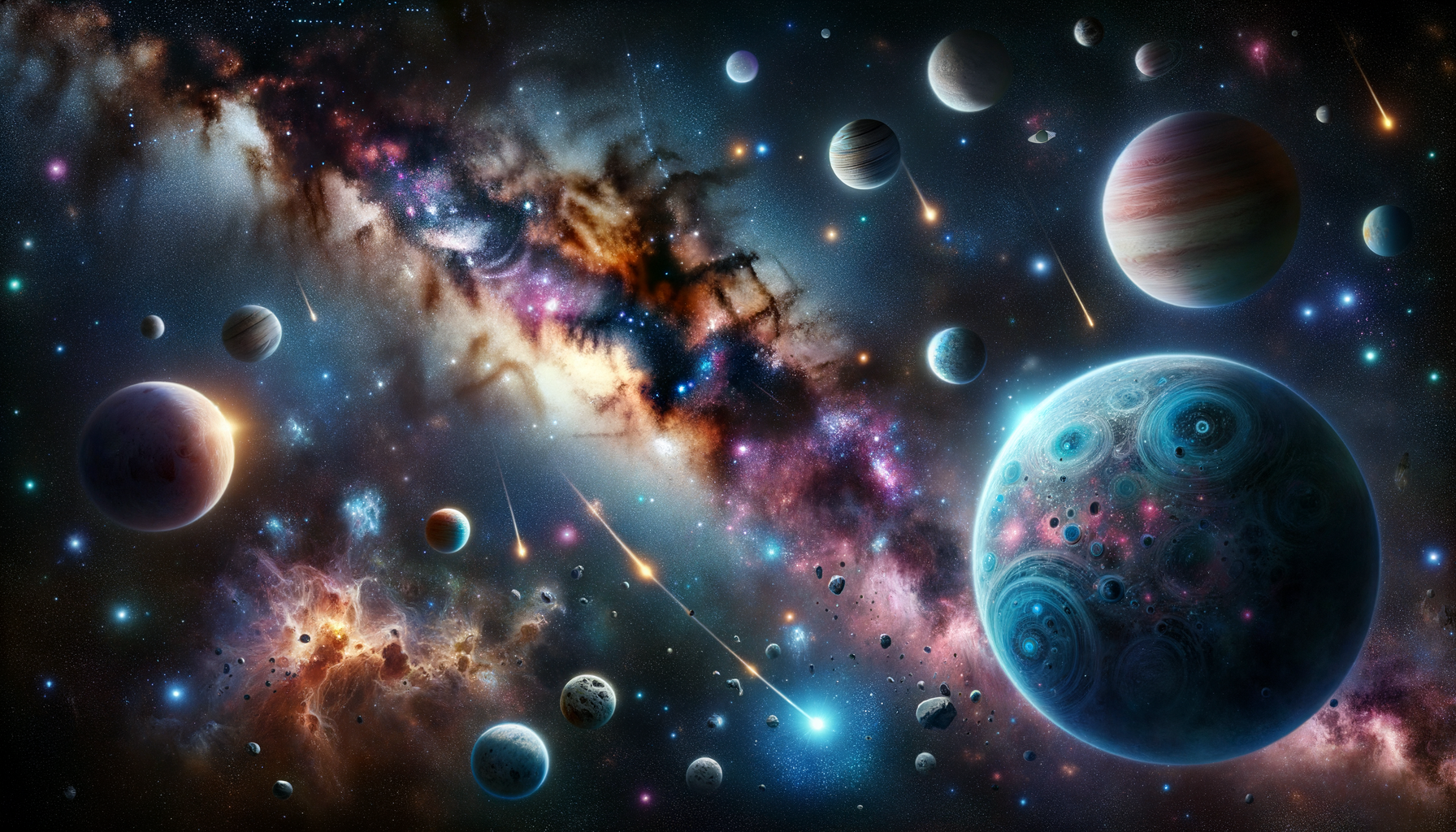
The entertainment industry has always thrived on creativity and innovation. Today, artificial intelligence (AI) is not just a backstage tool but a central player, transforming how stories are written, visuals are created, and experiences are delivered. From scriptwriting to CGI, AI is reshaping the creative process and pushing the boundaries of what’s possible.
Revolutionizing Scriptwriting
Gone are the days when writers solely relied on their own intuition and brainstorming. AI-powered tools like ScriptBook and DeepStory assist writers in developing compelling narratives. By analyzing patterns in successful movies or shows, these tools can suggest plot points, character arcs, and even dialogue tailored to specific genres or audiences.
While AI doesn’t replace the writer’s creativity, it enhances the process by offering fresh perspectives and streamlining brainstorming. Imagine a writer stuck on a plot twist; an AI tool can quickly generate multiple options, leaving the writer to refine and adapt them into the storyline. This collaboration speeds up production timelines without compromising originality.
Enhancing Visual Effects and CGI
Computer-generated imagery (CGI) has long been a cornerstone of modern entertainment, from blockbuster movies to immersive video games. AI takes CGI to new heights by automating complex tasks, such as rendering lifelike environments or animating characters with realistic movements.
Tools like NVIDIA’s Omniverse use AI to create photorealistic graphics in real-time. This reduces the manual workload for visual effects teams, allowing them to focus on creativity rather than repetitive tasks. AI also enables de-aging actors, crafting hyper-realistic virtual humans, and even generating entire scenes that were once too expensive or time-consuming to produce.
Personalizing Viewer Experiences
Streaming platforms like Netflix and Spotify have long used AI to recommend content. However, the future of personalization goes beyond suggestions. AI is enabling interactive storytelling where viewers influence the plot in real time, as seen in Netflix’s "Bandersnatch." This level of customization makes audiences feel more engaged, creating a deeper connection with the content.
Moreover, AI tools analyze audience reactions to fine-tune content even before it’s released. Producers can adjust scenes, pacing, or endings based on data-driven insights, ensuring their work resonates with target audiences.
Ethical Considerations in AI-Driven Creativity
With great power comes great responsibility. As AI becomes more integrated into entertainment, ethical questions arise. Who owns the rights to AI-generated content? How do we ensure AI doesn’t perpetuate harmful stereotypes in storytelling? The industry must navigate these challenges carefully, balancing innovation with accountability.
Looking Ahead
AI’s impact on the entertainment industry is just beginning. As technology evolves, it will unlock even greater creative possibilities, from fully AI-generated films to immersive virtual reality experiences. Yet, at its core, entertainment will always be about human connection—and AI’s role is to amplify that connection, not replace it.
In a world where technology meets imagination, the possibilities are endless. The fusion of AI and creativity is setting the stage for a new era in entertainment, one where both artists and audiences reap the benefits of this transformative partnership.
13.12.2024
